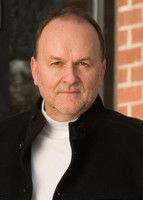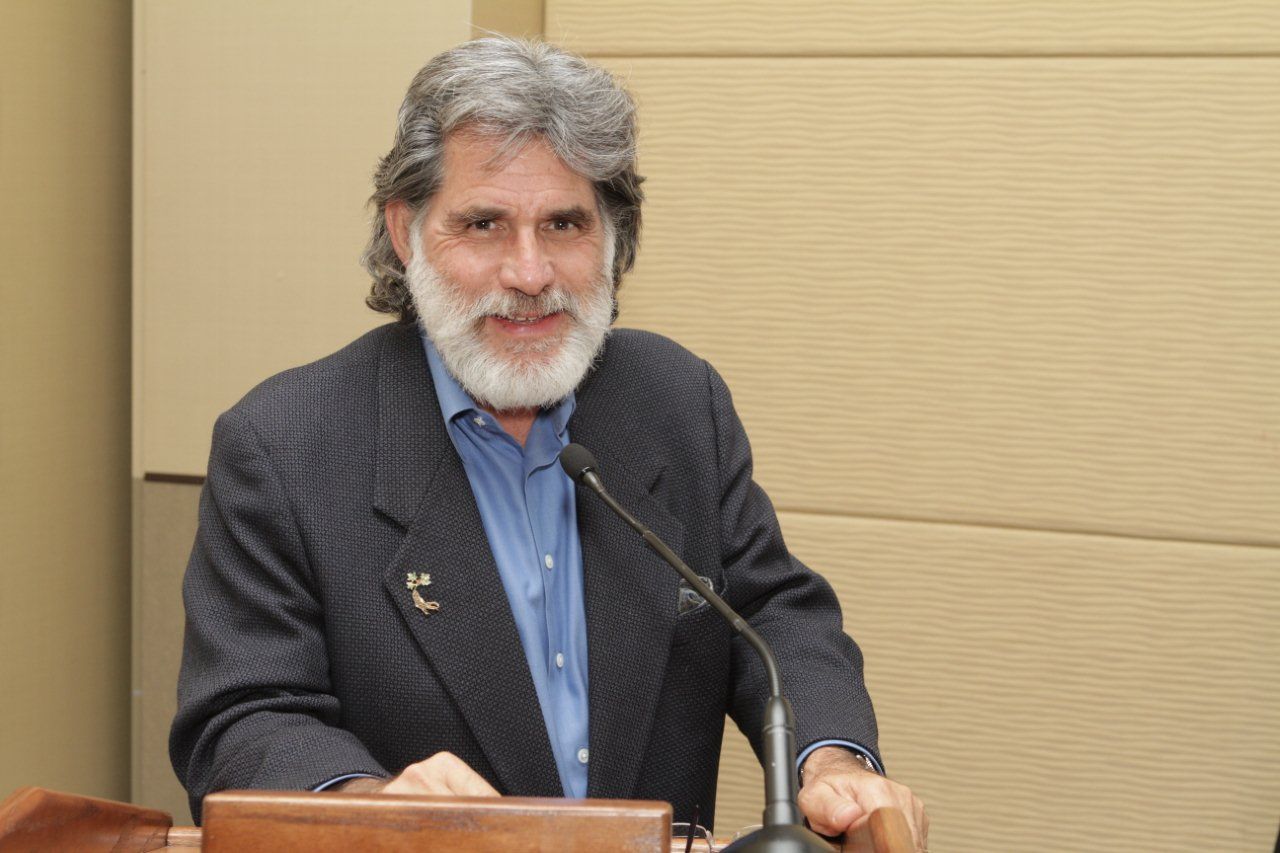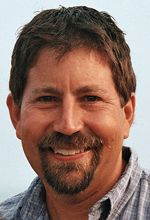The economic downturn that began in 2008 has not substantially curbed the growth of holistic health care and natural medicine. In fact, the hard economic times may be strengthening the movement.
At least that’s the story that the sales figures tell.
 According to Loren Israelsen, executive director of the United Natural Products Alliance, a Utah-based industry trade group, total sales of dietary supplements and “nutraceuticals” represented $924 million for the state of Utah alone. In 2012, the figure will hit $7.2 billion. There’s been consistent growth every year for the past 20 years, to the tune of 11% per year. This growth has continued steadily since 2008 when the current economic recession began.
According to Loren Israelsen, executive director of the United Natural Products Alliance, a Utah-based industry trade group, total sales of dietary supplements and “nutraceuticals” represented $924 million for the state of Utah alone. In 2012, the figure will hit $7.2 billion. There’s been consistent growth every year for the past 20 years, to the tune of 11% per year. This growth has continued steadily since 2008 when the current economic recession began.
According to Mark Blumenthal, founder and director of the American Botanical Council, sales of botanical medicines—one of the weaker segments of the supplement industry—still generated over $379 million in sales in the mass market (not including sales by healthcare practitioners), and over $251 million in natural foods and specialty stores in 2011. This does not include herbs sold as teas, which are classified as “foods” by industry bean counters. Herbs have shown growth rates of 3.9%-6.9% during the recession years.
Speaking at the UNPA’s recent 20th annual meeting, Mr. Blumenthal noted that roughly one in five consumers believe herbs represent important tools for maintaining health; roughly 39% of all baby boomers and 41% of Gen-Xers are using herbs for health maintenance, prevention and—yes—treatment of diseases. Roughly 20% say they have increased their use of supplements since the economic downturn.
five consumers believe herbs represent important tools for maintaining health; roughly 39% of all baby boomers and 41% of Gen-Xers are using herbs for health maintenance, prevention and—yes—treatment of diseases. Roughly 20% say they have increased their use of supplements since the economic downturn.
Clinicians Scramble to Catch Up
Similarly robust growth is occurring at holistic clinics, as people seek modalities that fall outside the purview of “conventional” allopathic medicine.
Ben Kligler, MD, MPH, of the Continuum Center for Health & Healing at Beth Israel Medical Center in New York City, says his center cannot keep up with the public’s demand for access. “Continuum sees roughly 4,000 patients per year, and we can’t see all the patients that want to come in,” he said at the American Herbal Products Association’s inaugural Botanical Congress. The event took place as part of the SupplySide Marketplace, a natural products industry trade show.
“We’re expanding, taking over the entire third floor of our building.”
 Growth is still in its earliest stages. Despite public demand and patient expectation, conventional medical education remains conservative, and many physicians remain hesitant to bring supplements, herbs and other forms of natural medicine into their practices. “Mainstream medicine is still on this cusp,” Dr. Kligler said. “Concerns over “standard of practice” are a major source of inhibition. “We are prisoners of “standards of care.””
Growth is still in its earliest stages. Despite public demand and patient expectation, conventional medical education remains conservative, and many physicians remain hesitant to bring supplements, herbs and other forms of natural medicine into their practices. “Mainstream medicine is still on this cusp,” Dr. Kligler said. “Concerns over “standard of practice” are a major source of inhibition. “We are prisoners of “standards of care.””
That said, physicians who dismiss or ignore natural medicine do so at their own risk. “Our patients are doing all of this stuff already. Why do we want it to be a separate stream, an “other” that we either ignore or discourage? If 40-plus percent of your patients are doing something, doesn’t it behoove you to know about it? Patients these days expect their doctors to know about herbs and supplements,” Dr. Kligler said.
Double-Standards
As a medical educator as well as a clinician, Dr. Kligler has years of experience mediating between the worlds of “alternative” and conventional medicine. He described what could only be called a double standard that underlies much medical thinking.
“If you prescribe an NSAID and the patient has a GI bleed, that’s a known and expected side effect, so as a doctor you are supported by the “standard of care” because most doctors prescribe NSAIDs, despite this risk. If you recommend an herb, and there is an adverse effect, will you be supported by standards of care?”
A certain degree of conservatism and skepticism toward herbs and supplements makes good sense, but it needs to be even-handed and it needs to leave room for patient preferences.
In his own practice, Dr. Kligler says he considers four things when advising patients about herbs and supplements: Are they safe? Are they affordable? Are they what the patient wants? Is there any evidence of efficacy?
“I really consider who is the patient, and what does he or she want to do. All things being equal, this ends up being the decider.” If there’s no strong evidence one way or the other, or the evidence is equivocal, he says he will usually opts for trying the herb or supplement, so long as he is convinced of the safety.
Public preference for botanicals, nutraceuticals and food-based therapies is not going away any time soon, and it has not been tempered by the recession. The medical community needs to do a better job of meeting patients demands.
Dr. Kligler said that many doctors’ worst fears—that they will be sued or confronted with disciplinary actions if they talk about herbs or other supplements—may be unfounded. “There are not a lot of cases of doctors getting sued for discussing or recommending herbs,” Dr. Kligler said. “In fact, you might encounter liability by not talking about them.”
END







